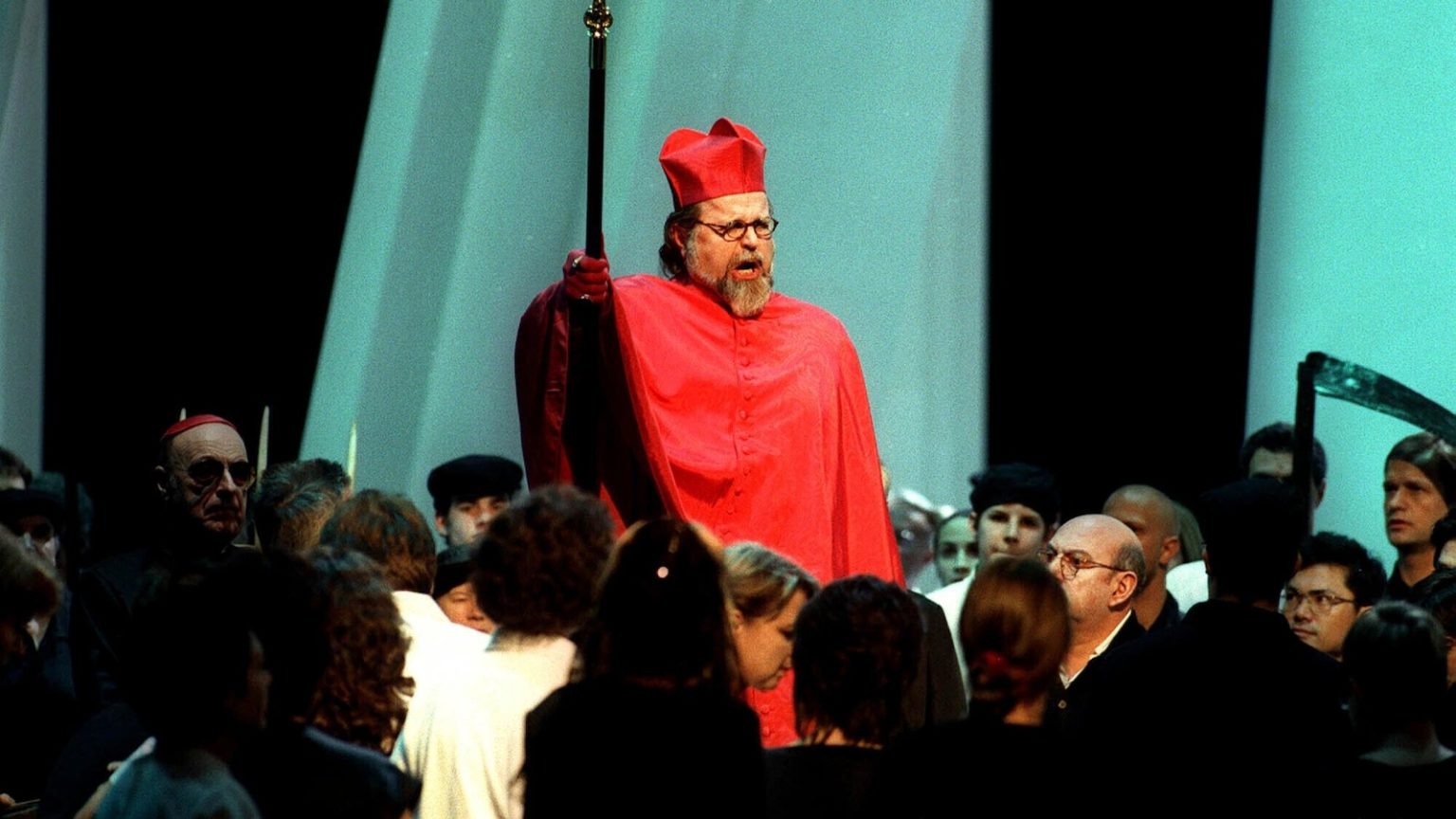Paul Plishka: A Resonant Voice and a Life Well-Lived
1. The Passing of a Legendary Bass
Paul Plishka, whose commanding bass voice and effervescent personality graced the stages of the world’s most renowned opera houses, passed away on a Monday in Wilmington, North Carolina. At the age of 83, his death marked the end of a remarkable chapter in operatic history. His wife, Sharon Thomas, shared the news, reflecting on a career that spanned over five decades. Plishka’s journey from his debut to his final performance at the Metropolitan Opera was a testament to his dedication and passion for the arts.
2. A Distinguished Career at the Met
Plishka’s career at the Metropolitan Opera, known affectionately as the Met, was nothing short of extraordinary. He first stepped onto its stage in 1967 as a Monk in Ponchielli’s "La Gioconda," alongside operatic giants Renata Tebaldi and Sherrill Milnes. This debut, though nerve-wracking, set the stage for a legacy that would see him perform 1,672 times over 51 years. His final appearance in 2018 in Puccini’s "La Bohème" seemed a fitting conclusion to a career that touched generations of opera enthusiasts. Plishka’s humility and sense of humor shone through as he reminisced about his debut, recalling the overflowing perspiration under his arms, a testament to the anxieties of a budding artist.
3. A Spectrum of Roles: From Supporting to Starring
Plishka’s versatility as a bass was evident in the 88 roles he undertook at the Met. While many of these were comprimario roles, he also seized the opportunity to portray more substantial characters, such as the three bass roles in Mussorgsky’s "Boris Godunov" and Philip II in Verdi’s "Don Carlo." One of the highlights of his career was his portrayal of the title role in Verdi’s "Falstaff" during his 25th anniversary with the Met. Plishka often referred to this role as the pinnacle of his career, both for the depth of the character and the richness of the music. His love for his craft was evident in his playful remark, "I sort of jokingly say it beats working for a living," which encapsulated his joy and fulfillment in his chosen profession.
4. Early Life and the Spark of Passion
Born on August 28, 1941, in Old Forge, Pennsylvania, Plishka’s journey into opera began unexpectedly. His family moved to Paterson, New Jersey, when he was 16, and it was during his time at Eastside High School that his teacher recognized his potential after a performance as Jud Fry in "Oklahoma!" This pivotal moment steered him toward opera. He pursued a degree in music at Montclair State College and made his opera debut with the Paterson Lyric Opera Theater. His talent soon caught the attention of the Met, where he joined the national touring company before making his mainstage debut in 1967.
5. Personal triumphs and Challenges
Plishka’s life was not without its challenges, both personally and professionally. His first wife, Judith Colgan, passed away in 2004, and he faced the immense pain of losing all three of his sons, Paul Jr., Jeffrey, and Nikolai, who predeceased him. Jeffrey was acquitted in 2010 after being charged with a 1991 homicide. Additionally, the tragic death of his brother, Dr. Peter Plishka, in 1984, underlined the personal struggles he endured. Despite these hardships, Plishka found love again with Sharon Thomas, a Met staff stage director, whom he married in 2005. In retirement, he discovered a new passion for photography, particularly capturing birds, which brought him peace and joy.
6. A Legacy That Resonates
Paul Plishka’s legacy is a testament to his enduring impact on the world of opera. His dedication, versatility, and passion left an indelible mark on the Met and beyond. His ability to bring characters to life, from the comedic "Falstaff" to the solemn "Don Carlo," showcased his artistry. Moreover, his resilience in the face of personal adversity served as a reminder of his strength and character. As the opera world remembers him, his contributions remain a source of inspiration, ensuring that his voice and spirit continue to resonate through the halls of the Met and beyond.















